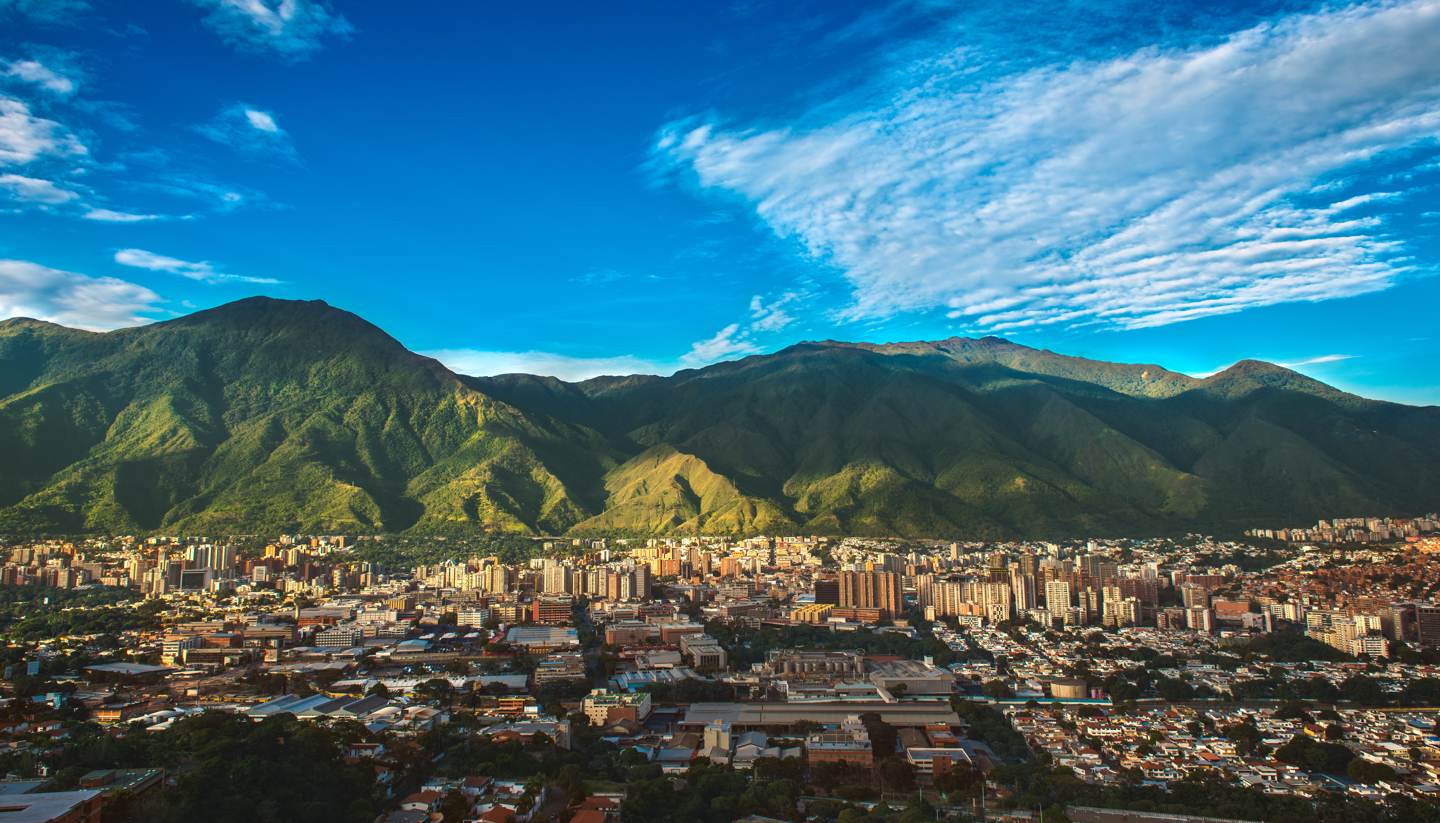Venezuela, a country in South America, has a tropical climate characterized by high humidity and hot temperatures. The Venezuela climate can be both pleasant and uncomfortable at times. The average water temperature in the country is around 29 degrees Celsius, which makes it an inviting place for bathing and swimming. However, the humidity can also make the climate feel sticky and uncomfortable.
The Venezuela climate is warm to hot throughout the year, with the warmest and rainiest region being Zuliana and the coldest region being the capital. The country experiences the most precipitation from June to October, which can sometimes cause flooding and landslides. As a result, the best time to travel to Venezuela is from December to April when there is less rain.
Venezuela Climate: Temperature Record
Venezuela’s climate is quite diverse, with various temperature extremes throughout the country. The Guasdualito weather station reported the highest temperature ever recorded in Venezuela from 1950 to October 2022, with a record temperature of 46.0 °C in November 2008.

Furthermore, the hottest summer was recorded in 2015, with an average temperature of 27.2 °C from July to September. This temperature is measured every four to six hours and includes both day and night temperatures, with the average maximum daily temperature reaching 32.7 °C.
On the other hand, the Ciudad Bolivar weather station reported the coldest temperature in Venezuela of 2.1 °C in September 2013.
The coldest winter was in 1976, with an average temperature of 23.8 °C during January to March. It’s typical to have an average temperature of 26.0 °C during this period, which is about 2.2 degrees higher than the recorded temperature.
June 2017 recorded the highest monthly precipitation ever, with 30.2 mm per day, at the Santo Domingo weather station. Santo Domingo is also the region with the most rainfall in the country, while the driest area is located near Cumana. Overall, these temperature and precipitation extremes showcase the diverse and unpredictable nature of Venezuela’s climate.
Read More: Tropical Climate Characteristics (Rainforest & Monsoon Climate)
Sunrise And Sunset in Venezuela
Venezuela’s climate is unique due to its proximity to the equator, resulting in minimal variation in sunrise and sunset times throughout the year. Unlike countries like Canada or Norway, where there is a significant difference, the sun only swings north and south slightly. This phenomenon occurs because the equator is closest to the sun, and the further away from the equator, the more significant the variation in daylight.
June experiences the longest days, with approximately 12 hours and 50 minutes of daylight. December, on the other hand, experiences the shortest days, with a night lasting almost 13 hours in Caracas. Despite the minimal variation in daylight hours throughout the year, the amount of daylight in Venezuela is still sufficient for various outdoor activities.
The sun in Caracas rises at 6:08 during these days, and the sunset can be observed at around 18:40 in the early evening. These consistent daylight hours make it easier for Venezuelans to plan their day-to-day activities and make the most of the natural light available. Venezuela’s location near the equator gives rise to barely any fluctuations in the timing of sunrise and sunset across the year, making its climate distinctive.
Duration of The Sunset
The distance from the equator plays a significant role in finding out the time of sunrise and sunset and, thus, the duration of each. As Caracas lies on the 10th degree of northern latitude, it is situated at a reasonable distance from the equator. Hence, sunsets in Venezuela are different from those experienced in the north of the USA or central Europe, lasting only an average of 24 minutes.
The path of the sun is more oblique to the horizon when a country is farther from the equator. This, in turn, affects the duration of sunset, making it longer or shorter depending on the location. Venezuela’s unique position means that in June, a sunset in Caracas lasts for about 25 minutes, while in December, it lasts for 24 minutes. So, if you’re planning a trip to Venezuela, don’t forget to take advantage of the breathtaking sunsets that last only for a short time.
Also Read: How Does Topography Affect Climate?
The Bottom Line: Venezuela’s Climate
Venezuela’s climate is hot and humid, with a tropical savanna climate in the capital, Caracas. The highlands have a more moderate climate. Precipitation ranges from 400 mm in arid areas to 4,000 mm in the Amazon.






